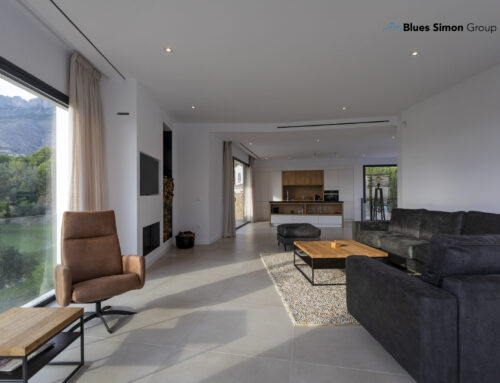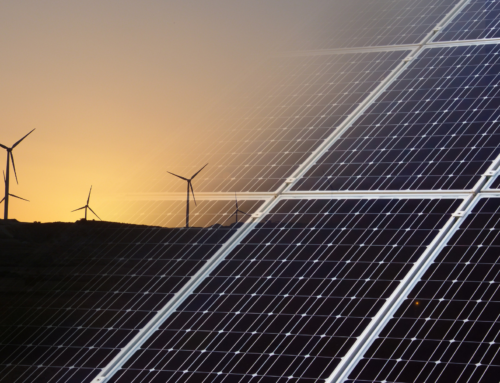Skip to content
Main differences between cooling by air conditioning and climate control (HVAC)
We have started to having days with high temperatures, which tell us that summer is near, so many of us are thinking of how to provide our home with a cooling system to live this time of year with total comfort. The question arises whether to choose for a cooling system or an air conditioning system.

At first, let us clarify the concepts of climate control and cooling:
Climate control: the objective is to give a closed space the necessary conditions to reach the right temperature, humidity or pressure suitable for the health or comfort of the people who occupy the space.
Cooling: it is a process that consists in lowering or maintaining the temperature level of a human body or a space. Considering that coolness really does not exist and that there should be spoken of a greater or lesser amount of heat or of a greater or lesser thermal level (level that is measured with temperature), cooling is a thermodynamic process in which heat is extracted from the object in concern (reducing its thermal level), and taken to another place capable of admitting that thermal energy without problems or with very few problems. The fluids used to carry the heat energy from one space to another are called refrigerants.
Attending to these two definitions, we see that one forms part of the other. The concept of climate control (HVAC) is much broader, since sometimes we will need to refrigerate to extract heat or reduce temperature, and sometimes we will need to heat up the input temperature to achieve the desired temperature.
Although sometimes the terms are confused, the way each of the systems works is completely different, so knowing their main characteristics and differences will help us to opt for the most appropriate option to find the ideal conditions for our home.
1. With a climate control system, air filtration is carried out through water. It absorbs the warmest air from the environment to produce coolness and humid air which it distributes with a fan. While with an air conditioning system, the generated air is dry, and the humidity of the environment is considerably reduced.
2. A climate control system has a lower energy consumption and produces less CO2 emissions compared to a cooling system by air conditioning.
3. A climate control system does not use refrigerant gases, so the static electricity of the space disappears and the relative humidity is maintained.
4. When installing, a climate control system requires a more complex installation process than air conditioning, although its maintenance is somewhat cheaper.
5. One of the great advantages of a climate control system is that, in addition to indoor areas, it is also suitable for outdoor areas, while an air conditioning system is only efficient in interior areas.
6. Another difference between the two is that with a cooling system by air conditioning, we have greater control over the temperature, which is due to the reduction of humidity.
7. In case of air conditioners, there are no restrictions regarding temperature and humidity of the area where they are installed, since they always operate at full capacity. In case of climate control systems, their efficiency may be affected when it must work with very high temperature and humidity.
ExpoSiner2018-06-21T10:40:17+00:00
Page load link








